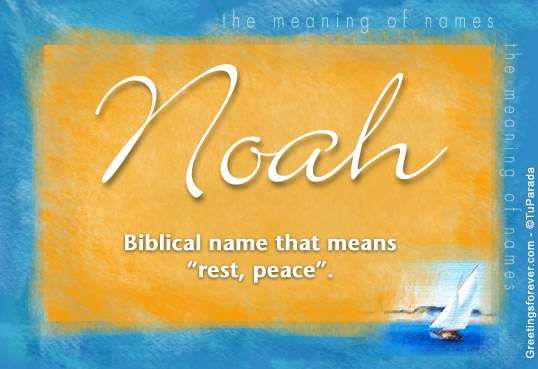
The two were persons of innocence until Eve yielded to the temptations of the evil serpent and Adam joined her in eating the forbidden fruit, whereupon they both recognized their nakedness and donned fig leaves as garments. According to the lengthier Yahwist (J) narrative of the 10th century bce (Genesis 2:5–7, 2:15–4:1, 4:25), God, or Yahweh, created Adam at a time when the earth was still void, forming him from the earth’s dust and breathing “into his nostrils the breath of life.” God then gave Adam the primeval Garden of Eden to tend but, on penalty of death, commanded him not to eat the fruit of the “tree of knowledge of good and evil.” Subsequently, so that Adam would not be alone, God created other animals but, finding these insufficient, put Adam to sleep, took from him a rib, and created a new companion, Eve. According to the Priestly (P) history of the 5th or 6th century bce ( Genesis 1:1–2:4), God on the sixth day of Creation created all the living creatures and, “in his own image,” man both “male and female.” God then blessed the couple, told them to be “fruitful and multiply,” and gave them dominion over all other living things. In the Bible there are two accounts of their creation.


100 Women Britannica celebrates the centennial of the Nineteenth Amendment, highlighting suffragists and history-making politicians.
TADAM NAME ORGIN HOW TO
COVID-19 Portal While this global health crisis continues to evolve, it can be useful to look to past pandemics to better understand how to respond today.Student Portal Britannica is the ultimate student resource for key school subjects like history, government, literature, and more.From tech to household and wellness products. Britannica Explains In these videos, Britannica explains a variety of topics and answers frequently asked questions.This Time in History In these videos, find out what happened this month (or any month!) in history.#WTFact Videos In #WTFact Britannica shares some of the most bizarre facts we can find.Demystified Videos In Demystified, Britannica has all the answers to your burning questions.Britannica Classics Check out these retro videos from Encyclopedia Britannica’s archives.In Arabic, Adam ( آدم) means "made from earth's mud." also means "someone dark-colored like earth's soil".

In other languages there are similar surnames derived from Adam, such as Adamo, Adamov, Adamowicz, Adamski etc. Adán and Adão are the Spanish and Portuguese forms of this name, respectively.Īdam is also a surname in many countries, although it is not as common in English as its derivative Adams (sometimes spelled Addams). In most languages its spelling is the same, although the pronunciation varies somewhat. It is particularly common in Christian and Muslim majority countries. Its Biblical and Quranic uses have ensured that it is also a common name in all countries which draw on these traditions. Hebrew in Canaan or Mesopotamia Fertile CrescentĬomes from the Hebrew word "adama", which means "earth" or " soil"Īccording to the Bible, the personal name Adam derives from the Hebrew noun adamah meaning "the ground" or "earth". The personal name Adam is derivation from Hebrew meaning the ground, from which God created Adam as stated in the Bible & Quran Michelangelo's Creation of Adam, from the Sistine Chapel ceiling.


 0 kommentar(er)
0 kommentar(er)
